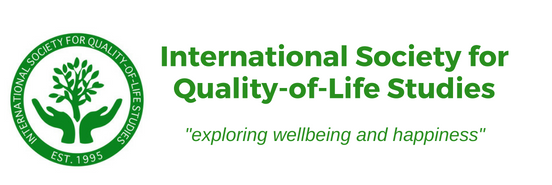Menu
Log in
THIS CONTENT IS FOR ISQOLS MEMBERS ONLY. Please login to continue.Please login to continue to the page you have requested. If you are not a member and you wish to join, please visit our member registration page. |
|
International Society for Quality-of-Life Studies (ISQOLS)
| Address: Email: |
Powered by Wild Apricot Membership Software

